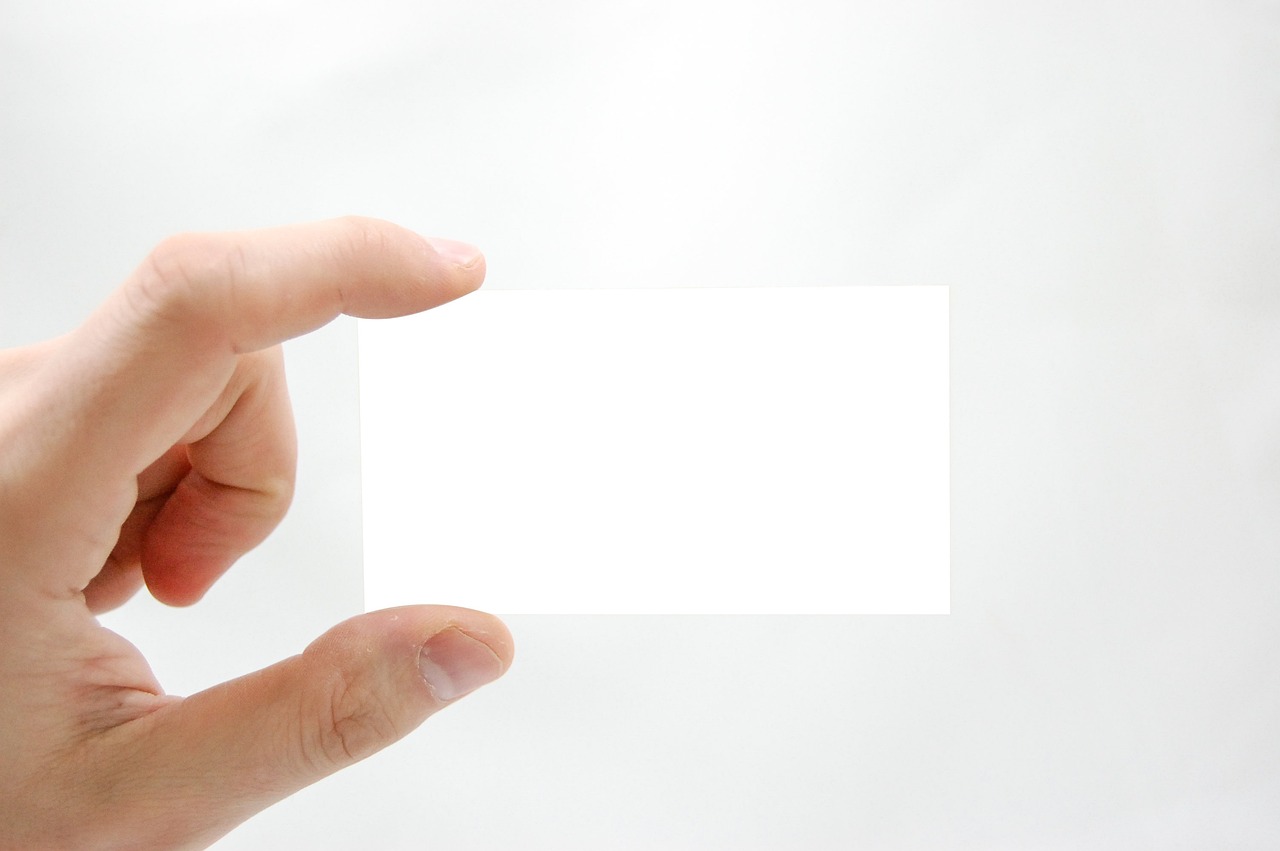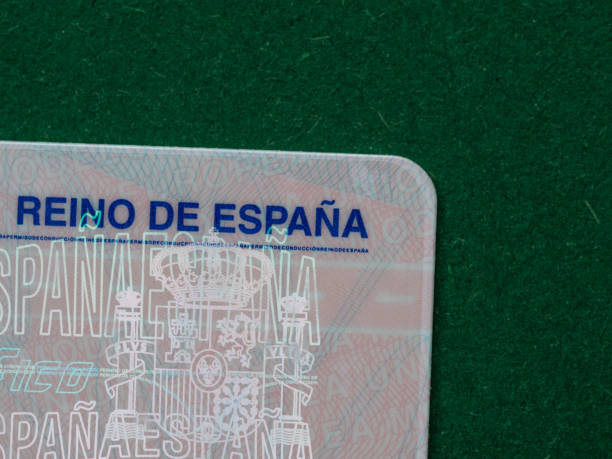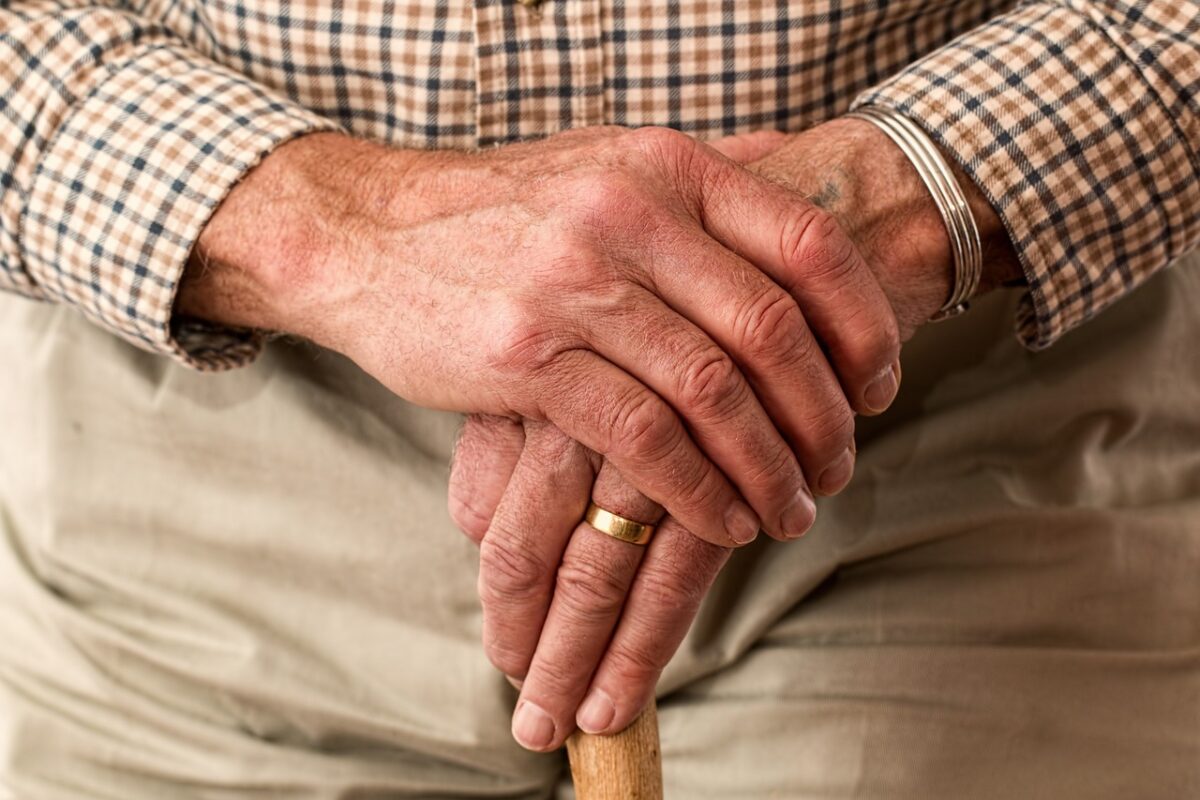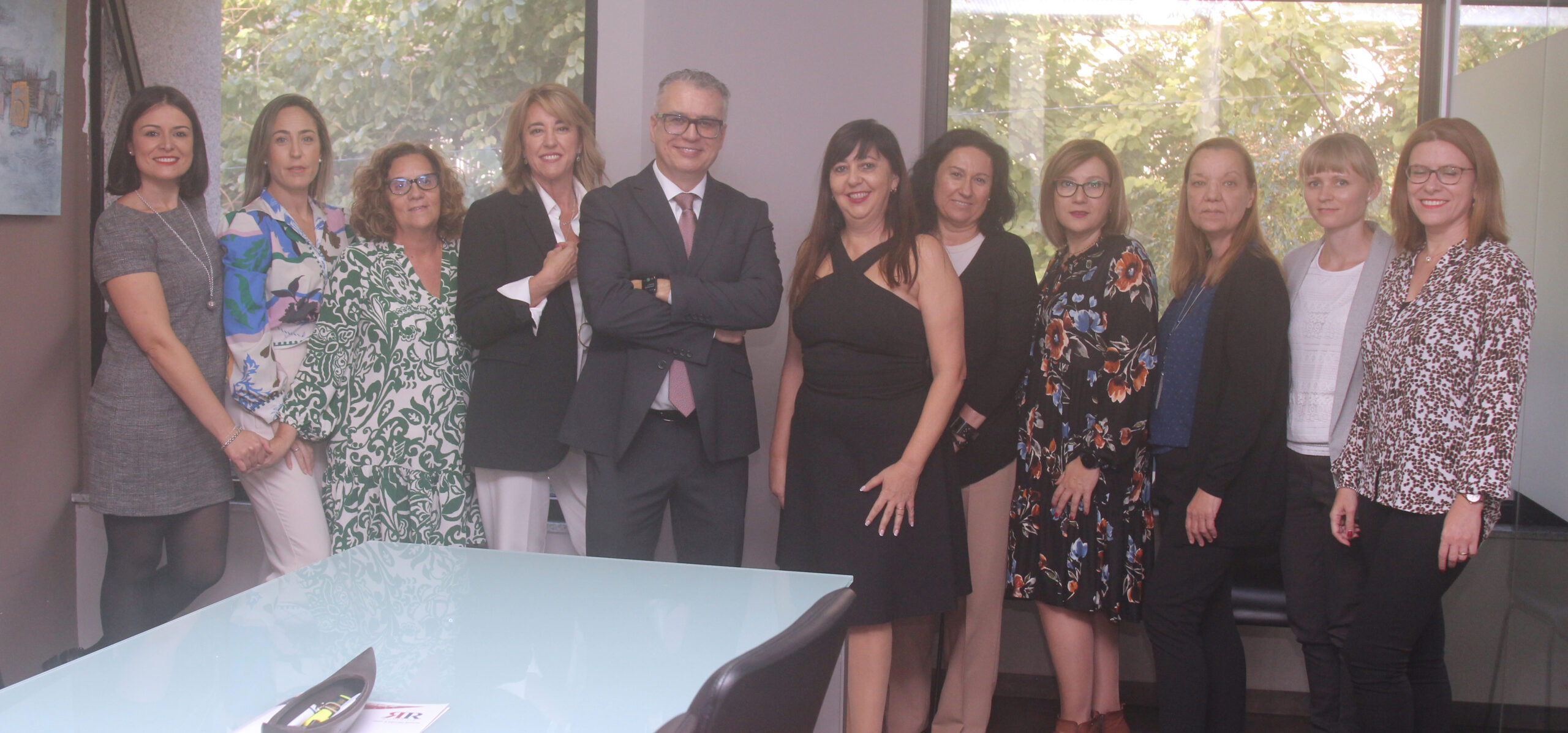One thing is the donation and another thing is the taxes that must be paid on the donation.

Notary to make a donation in Spain
For donations of immovable goods to be valid, they need to be made in the presence of a notary after the signing of a public deed.
Go to the notary to make a donation
From a civil point of view, it is necessary to distinguish between donations of movable or immovable property.
If the object of the donation is immovable property, that is, a house, a chalet, a parking space or a storage room, it is mandatory to go to the notary. This is one of the few cases of constitutive deeds, that is, the donation does not exist if the public deed has not been granted. This circumstance is required by article 633 of the Civil Code, which states that: “For the donation of immovable property to be valid, it must be made in a public deed…”.
The reason for this requirement is the protection of the donor. The donor is going to give up a property without receiving anything in return, so the Law requires that the donation be made by public deed in which the notary, after identifying the parties and verifying that they have capacity, will explain the consequences of the donation and will verify whether, in fact, the parties want to give their consent to said donation.
However, if the object of the donation is a movable property, that is, a vehicle, a book, money, jewelry, it is NOT obligatory to go to the notary, although it is advisable in certain cases as we will see later when addressing tax issues. This is answered by article 632 of the Civil Code which states that: “The donation of movable property may be made verbally or in writing. The verbal donation requires the simultaneous delivery of the donated property. Failing this requirement, it will not take effect if it is not made in writing and the acceptance is recorded in the same way.” This means that to donate, for example, a book, it is enough to say: “I give it to you” and deliver it immediately.
What taxes are paid when making a donation?
From a tax point of view, it must be taken into account that, in every donation, the person who receives it (the donee) must pay a tax on the donation. The amount of the tax depends on several factors, such as the value of the gift, the degree of kinship with the donor, the age of the donee or his pre-existing assets.
In addition, the donation may also have tax repercussions for the donor, if the value of the gift is higher than the value of its acquisition by the donor. This is the so-called capital gain on income, which is included in the Personal Income Tax.
And in the case of donations of urban real estate, there is also a municipal tax, which is the tax on the increase in the value of urban land, also called municipal capital gain or simply capital gain, which also corresponds to the donor.
But are there any tax breaks or exemptions when making a donation?
This depends on each Autonomous Community, since the inheritance and gift tax for each Autonomous Community is different. We are going to focus on the Valencian Community, since our office is located in Alicante.
In the Valencian Community, donations to children and parents are exempt up to the amount of €100,000 (although it may be higher for disabled recipients). However, for this to happen, it is necessary that the asset is in the Valencian Community, if it is a real estate asset that is donated; or that the recipient resides in the Valencian Community, if it is a movable asset. If what is donated is money, the donation must be made in a public deed.
Regarding real estate, we have already seen that by application of civil regulations, a public deed was already necessary. But regarding movable assets, and specifically, money, the reason is that the State prefers to forego collecting a tax as long as in exchange it has control of the origin and destination of the funds.
Therefore, in the case of a donation of money, up to €100,000, it is not necessary to go to the Notary to do so, that is, it can be done in a simple private document or even verbally with the immediate delivery of the money. But in these cases the donee must pay the corresponding tax.
In order for the donee not to pay any tax, it would be necessary to go to the notary and grant the relevant public deed, so we conclude that, although in the donation of movable property, and specifically money, it is not obligatory to go to the notary, it is convenient, to avoid paying taxes. And a particularity of the donation of money is that no capital gains tax is paid either in the IRPF or in the City Council.
And before making a donation of any kind it is also convenient to go to the notary, because there are some occasions in which the exemption or the bonus may not apply when there have been previous donations and the new donation must be carefully planned.
What if the recipient is a non-resident?
There is no peculiarity when the donation is of a property, because, if it is in the Valencian Community, the bonuses provided for in this Community apply.
But when it is a donation of money that is made, for example, to a son who is working in another country, what matters is the place where the money was before donating it.
But in this case the recipient must take into account that the country where he resides has its own tax legislation and it is possible that he will have to pay taxes in his country of residence.
In this case there is the possibility that he will have to pay taxes in both countries. In most countries of the European Union there is the possibility of deducting in his country of residence what was paid in the country where he does not reside to avoid double payment of taxes.
At FS Notaries we can help you in any language
The notary is an expert in tax matters. Thus the notary can advise the heirs on taxes related to the inheritance. In international inheritances, the notary must be able to collaborate with the notary of the other country in charge of the succession there and with the heirs’ advisors. With good understanding and good collaboration, the best results are achieved in the interest of the heirs.
Inheritance report
We carry out a study of your particular case to advise you on everything you will need to do management in Spain.
International notaries
We communicate with notaries and advisors from other countries to expedite the processing of an inheritance in Spain
leading experts
The notary is an expert in tax matters. Thus the notary can advise the heirs on taxes related to the inheritance.
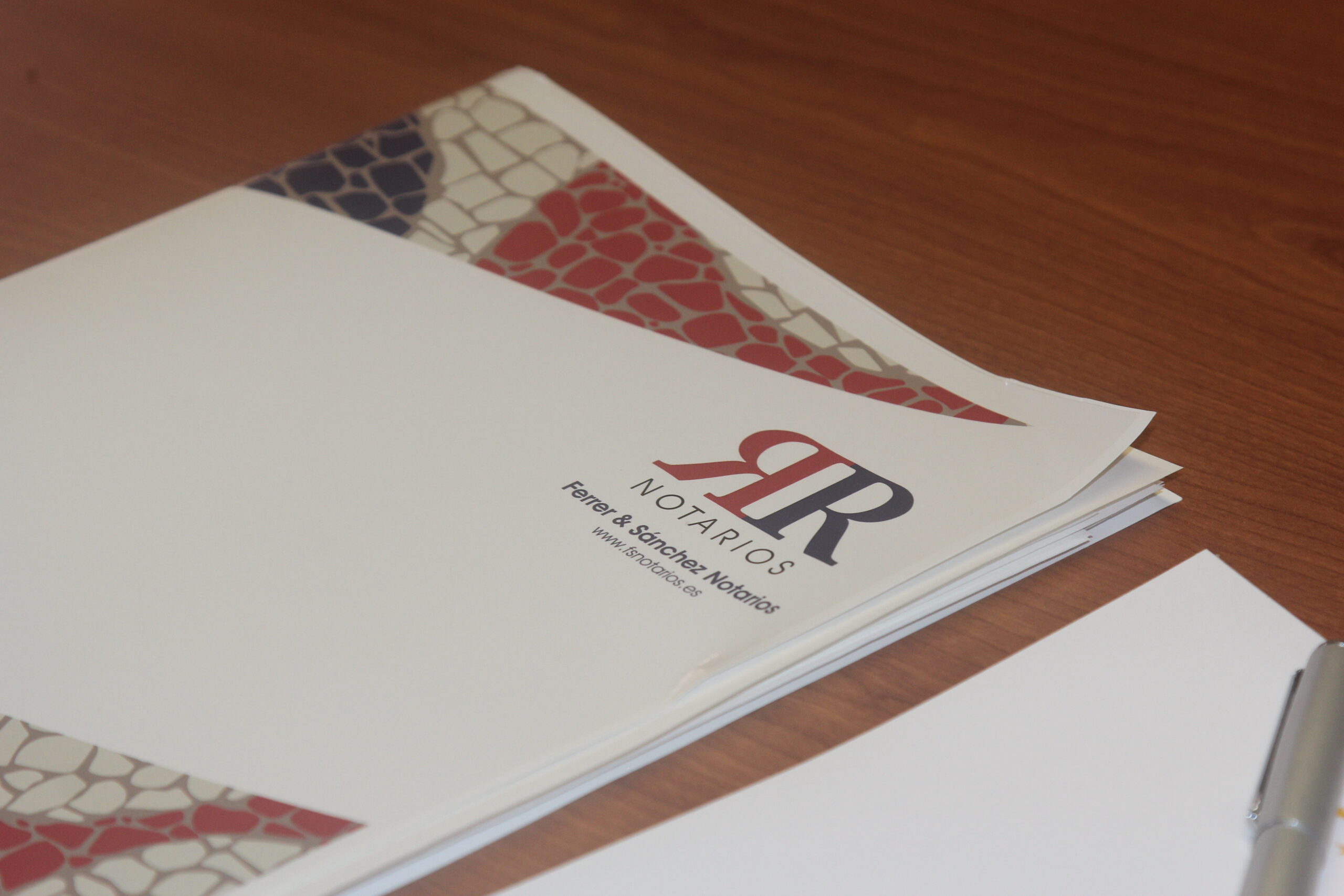
It is important that the notary knows the language of the parties.
Experience in international law
It is important that the notary understands the language of the parties. Furthermore, this allows you to better understand how the application of foreign law may affect inheritance tax and other taxes payable in Spain.


